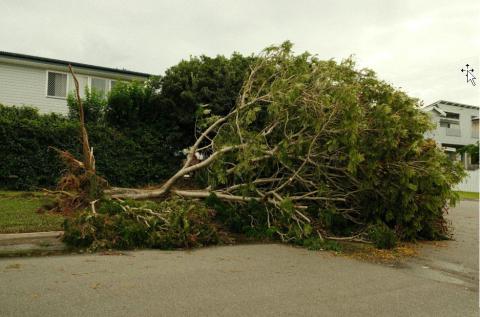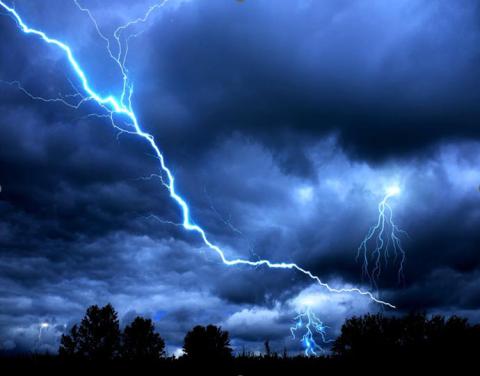-
When alarms blare through a warehouse, every second is currency. There’s no time to translate. No room for confusion. Noisy, sprawling facilities are already chaotic in high-stakes moments. Add language diversity, and the risk multiplies. Workers can’t respond to warnings they don’t understand. And yet, this is the exact shape of many modern factories—large footprints, high decibels, and multilingual teams running tightly coordinated workflows. The problem isn’t just urgency.

-
When it comes to preparing your family or community for a disaster, clear and compassionate communication is the most underrated survival tool in your kit. But if you’re trying to help someone who doesn’t speak your language well, or someone who learns differently than you, the usual flood of sirens-and-checklists media might do more harm than good. Instead of leaving people feeling overwhelmed or excluded, you can use video to deliver accessible, calm, and empowering information.

-
Whether you're a first-time buyer or you've weathered the property market for decades, the value of protecting your home investment never fades. One way to do that—often overlooked until disaster strikes—is by purchasing a home warranty. With rising repair costs and an unpredictable economy, more homeowners are turning to these service contracts for peace of mind. But shopping for a home warranty isn’t as simple as picking a random provider and signing the dotted line.

-
The moments after disaster strikes feel like being dropped into a world you no longer recognize. Maybe it's a home scorched by fire, a car swallowed by floodwaters, or a neighborhood shattered by something no one saw coming. Regardless of the origin—nature's fury or human failure—the aftermath carries the same weight: confusion, urgency, and the overwhelming sense that everything familiar has suddenly gone sideways. What you do in those early hours and days doesn't just impact your immediate safety—it sets the foundation for how well, and how quickly, you'll be able to rebuild.

-
When the sky turns an angry shade of gray and the wind starts to howl, there’s no time to start making a plan—you need to have one already in place. Severe storms are becoming more intense and unpredictable, leaving little room for hesitation. Whether it’s a fast-moving thunderstorm, a relentless hurricane, or a tornado dropping out of nowhere, you need to know that your home and family are ready to handle whatever comes. A little preparation can mean the difference between weathering the storm safely or scrambling in the dark, wishing you had done more.

-
In an unpredictable world, safeguarding your family requires more than good intentions; it demands a well-thought-out safety plan. A comprehensive approach to family safety prepares you for emergencies and fosters a sense of security and confidence among your loved ones. By integrating modern solutions and addressing the unique needs of each family member, you can create a robust safety net that stands the test of time.
-
Resources from the California Office of Emergency Services (OES)
-
In an era where technology permeates every aspect of our lives, enhancing home safety through smart solutions is not just a possibility but a necessity. The integration of advanced technologies into our living spaces offers unprecedented levels of security, convenience, and peace of mind. From AI-powered surveillance systems to smart locks and childproofing innovations, these tools provide robust protection tailored to modern needs. Let’s take a look at a few of the best.
-
In the dynamic world of small business, the ability to swiftly adapt to unforeseen challenges is a hallmark of resilience. Effective emergency planning is not just a precaution; it is a strategic necessity that can safeguard your business’s future.
-
Natural disasters are increasingly common and severe, and the importance of a comprehensive family emergency plan cannot be overstated. These plans are not just about survival; they are about ensuring the safety and continuity of your family’s daily life amidst chaos. From safeguarding your home business to addressing the unique needs of each family member, a well-rounded plan can mitigate the impact of unforeseen events. This proactive approach not only protects physical assets but also fortifies emotional resilience, providing a holistic response to disasters.